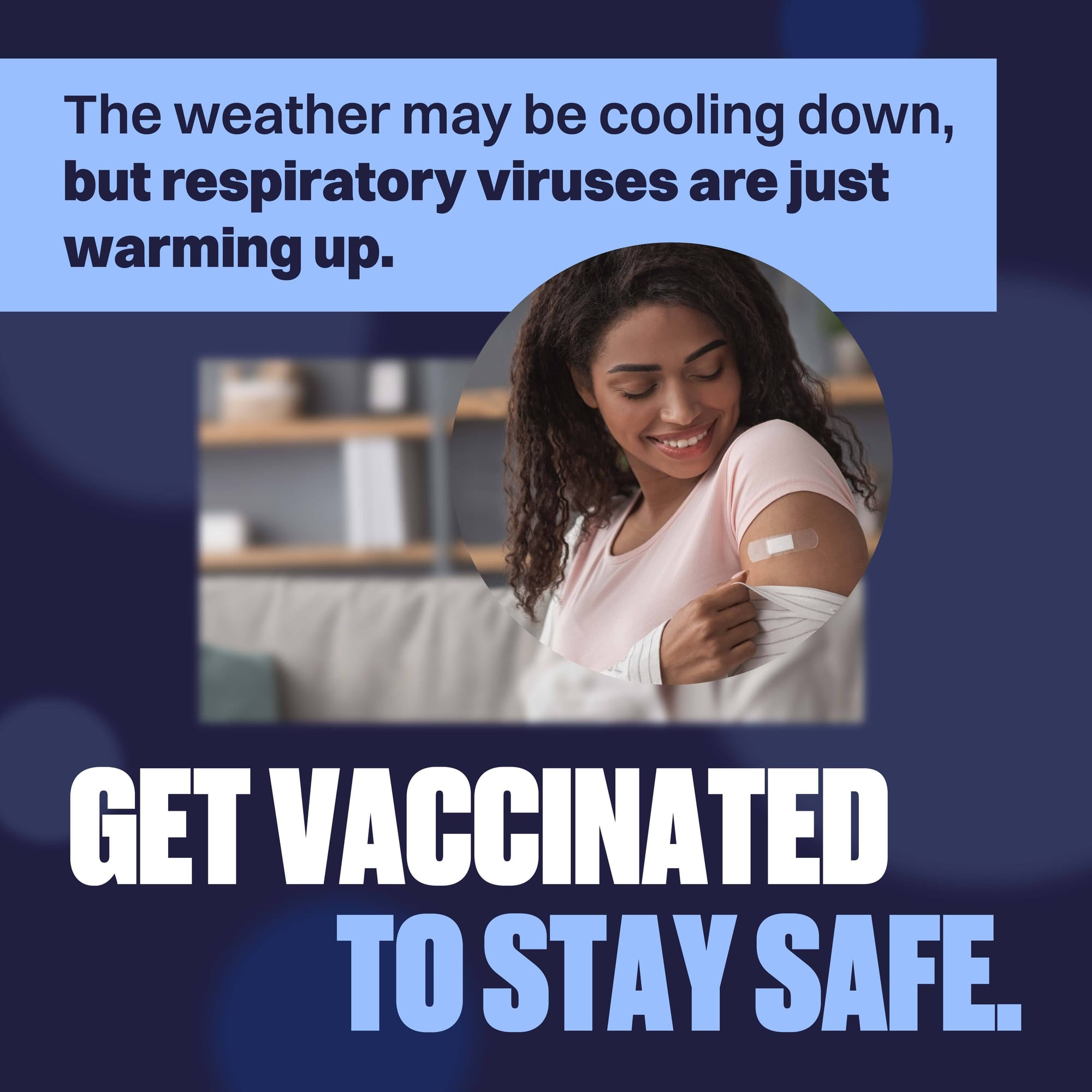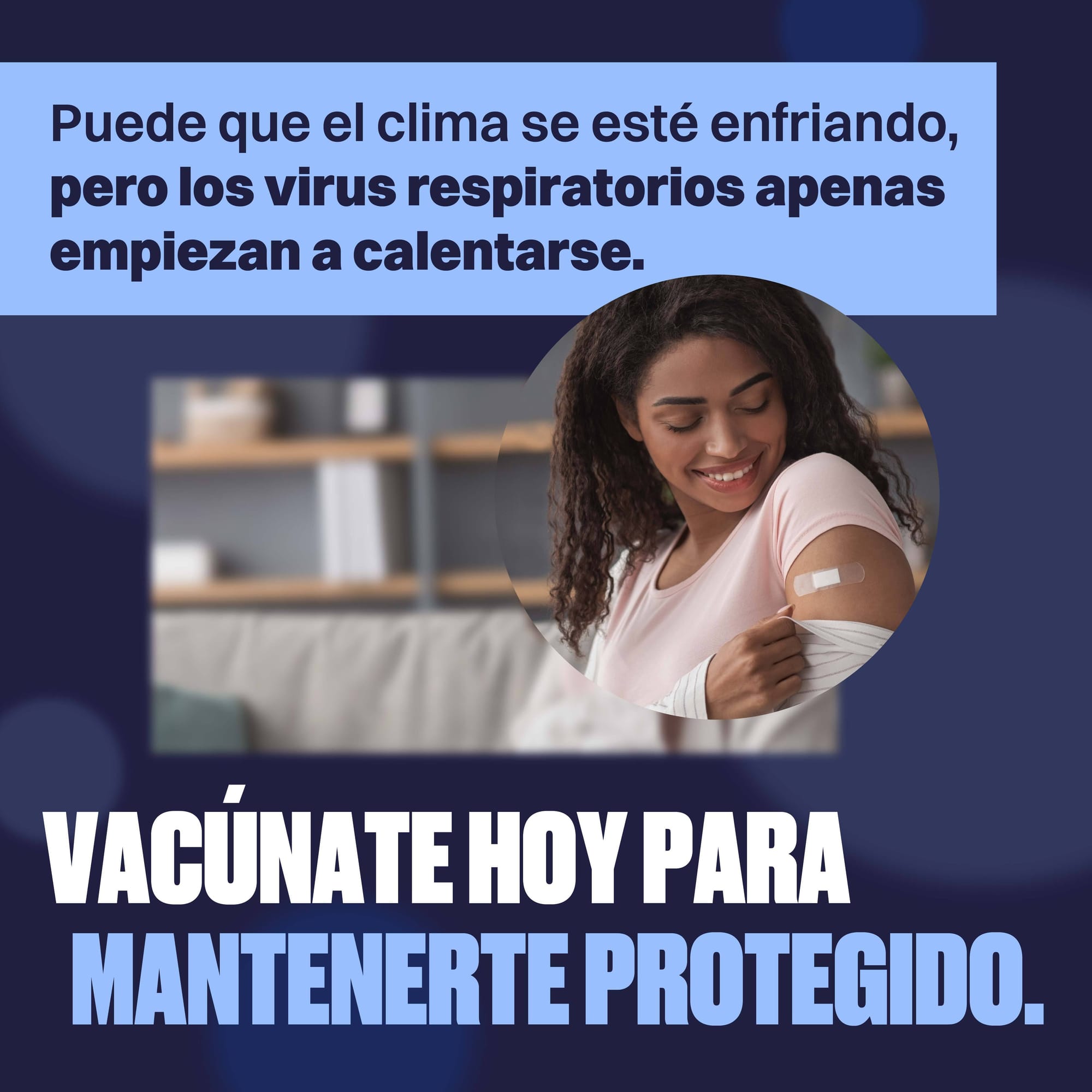Vaccine confidence dips as routine immunizations come under fire
New data published in August underscores the real-world consequences of false and misleading narratives about vaccines, as public trust in routine immunizations dipped to historic lows. The mainstreaming of anti-vaccine rhetoric has given high-profile vaccine skeptics an even larger platform to attempt to discredit vaccines, new and old. False claims continue to circulate about the safety and necessity of COVID-19, flu, and RSV vaccines, while vaccine-preventable disease outbreaks fueled a new crop of conspiracy theories.
For even more resources, check out the menu above for real-time insights, training resources, and more. Specifically curated for people working in health care and public health, these links provide actionable content to help navigate today’s information landscape.
Trending narratives from the past month
Public trust in routine vaccines declines as political attacks escalate
A recent Gallup poll found that one in four U.S. parents consider childhood vaccines “extremely important,” a sharp decline from 64 percent in 2001 and 58 percent in 2019. The poll revealed a stark divide in vaccine attitudes across political lines, with only 26 percent of right-leaning parents saying vaccines are extremely important compared to 63 percent of left-leaning parents. The poll results coincided with several U.S. political figures promoting anti-vaccine talking points that cast doubt on the safety of routine childhood vaccines. In August, three presidential candidates, including a left-wing independent, called for investigations into vaccine safety, including a panel of experts to investigate a potential link between chronic disease and childhood illnesses. Read the fact checks here and here.
Updated fall vaccines cause confusion and controversy online
In August, the FDA approved three updated COVID-19 vaccines, which, along with flu and RSV vaccines, are recommended for all eligible individuals heading into respiratory virus season. Many vaccine opponents took to social media to criticize the updated vaccines and recommendations, falsely claiming that the vaccines are unsafe and unnecessary. Some pro-vaccine social media users expressed frustration about the FDA allegedly delaying the approval of Novavax’s updated COVID-19 vaccine, with some claiming that the non-mRNA vaccine is the “safer,” more effective option. Others were confused about if and when they should get each vaccine, as evidenced by a viral post that questioned if it was safe to get the flu and COVID-19 vaccines at the same time. The post garnered nearly 3,500 responses. Read the fact checks here and here.
Disease outbreaks fuel false claims and conspiracy theories
Measles outbreaks in multiple U.S. states and the mpox public health emergency in central and west Africa have led some vaccine opponents to recycle long disproven vaccine myths. Several prominent anti-vaccine figures claimed the measles outbreaks are overblown, insisting that measles is not a serious disease and that the vaccine isn’t necessary. Some also repeated the long-debunked myth that the measles, mumps, and rubella vaccine causes autism. Meanwhile, social media users in the U.S. and worldwide responded to reports of a rising number of mpox cases with the conspiracy theory that the disease is a COVID-19 vaccine side effect, specifically an autoimmune skin disease triggered by vaccination. Popular posts claim that measles, mpox, and other infectious diseases like bird flu are part of a global conspiracy to control populations, influence elections, and force vaccinations. Read the fact checks here and here.
What you might say in response
Routine vaccines protect children and their communities from preventable and potentially deadly disease outbreaks.
- Vaccines are a critical part of pediatric health care, protecting children against deadly and debilitating diseases.
- Skipping or delaying vaccinations puts children at unnecessary risk of preventable diseases, which are far more likely to cause serious harm than any vaccine.
- There is no evidence linking chronic health issues and routine vaccines. In fact, decades of research and safety monitoring show that routine vaccines are safe and closely monitored by health authorities.
Fall vaccines are the best protection against severe disease and death this respiratory virus season.
- Fall immunizations provide protection against COVID-19 and the flu for everyone over 6 months old and RSV for older and pregnant adults.
- Research shows that these vaccines decrease you and your loved ones’ risk of getting seriously ill, being hospitalized, having long-term complications, or dying.
- Updated COVID-19 and flu vaccines are designed to protect against currently circulating strains, while a single RSV immunization provides protection for up to two years to the most vulnerable.
Infectious disease outbreaks don’t have to be inevitable. Vaccines safely prevent the spread of diseases like measles and mpox.
- Measles is highly contagious and completely preventable. Current measles outbreaks are occurring because not enough people are fully vaccinated.
- The MMR vaccine is very safe and 97 percent effective against measles. Being unvaccinated or not fully vaccinated during an outbreak puts you at high risk of infection.
- The claim that mpox is linked to COVID-19 vaccination is an anti-vaccine myth. Mpox is caused by a known virus and is prevented by a highly effective vaccine.
What we’re reading
- Vox: An extremely practical guide to this year’s cold, flu, and Covid season
- Gallup News: Far Fewer in U.S. Regard Childhood Vaccinations as Important
- Annenberg Public Policy Center: More in U.S. Accept Covid-19 Vaccine Misinformation, and Willingness to Vaccinate Has Declined
Studies and trainings
- Journal of Medical Internet Research: A Comprehensive Analysis of COVID-19 Misinformation, Public Health Impacts, and Communication Strategies: Scoping Review
Interested in learning more about how to debunk false claims with patients? Check out the new Infodemiology Training Program. In videos that range from 5 to 10 minutes each, the program introduces health care providers to the basics of infodemiology and provides you with actionable skills to help improve patient care. Get started today.
Quick response media assets
Below, we've provided a social media asset in English and Spanish. Use these assets on social media to fight false claims and help provide your network with accurate information. Just right-click the asset, or press and hold on mobile to download.

Proposed caption:
This fall and winter are likely to bring a wave of new COVID-19, flu, and RSV cases. Getting vaccinated before the respiratory virus season begins is the best way to protect yourself and your family. The CDC recommends updated COVID-19 and flu vaccinations for everyone 6 months and older, as well as an RSV vaccine for older and pregnant adults.

Publicación propuesta:
Es probable que el otoño e invierno traigan consigo una ola de casos de COVID-19, gripe y VRS. Vacunarte antes de que empiece la temporada de virus respiratorios es la mejor manera de protegerte y a tu familia. Los CDC recomiendan vacunas actualizadas contra el COVID-19 y la gripe para todas las personas de 6 meses en adelante, así como una vacuna contra el VRS para los adultos mayores y las personas embarazadas.
The Health Care Infodemiology Brief is brought to you by PGP, the health care leadership of the Trusted Messenger Program, and Infodemiology.com’s sponsors and partners.
